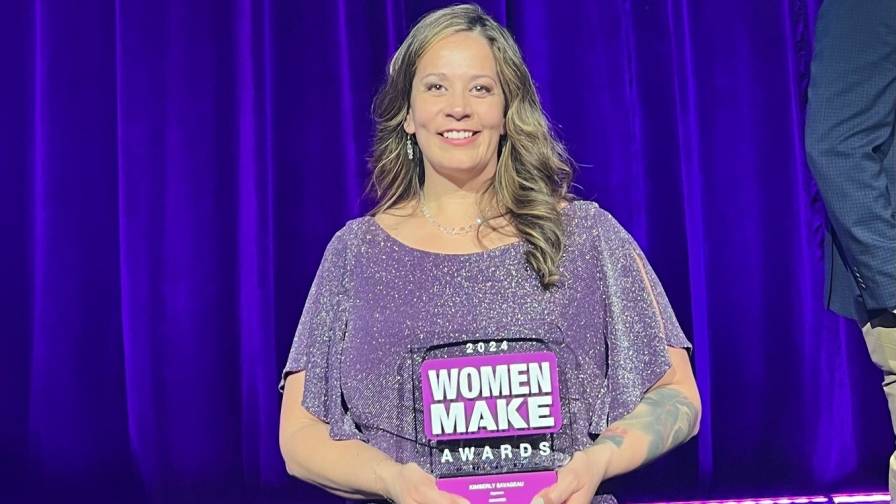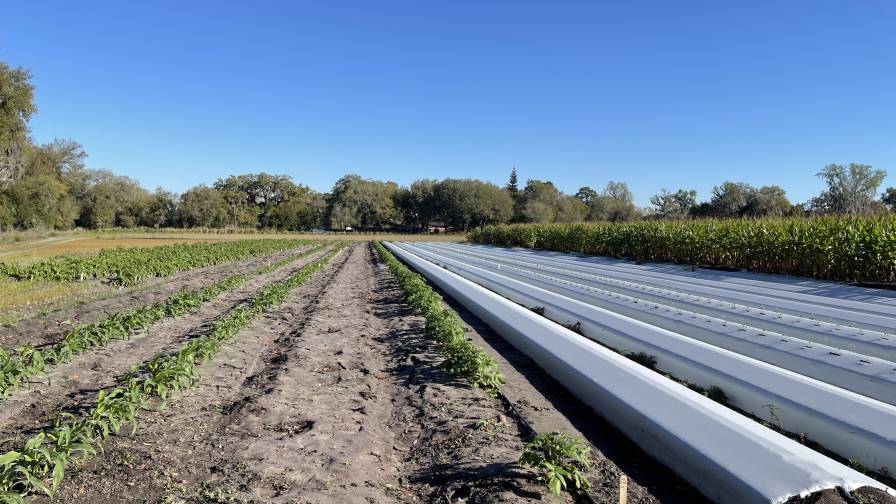AgTech Venture Capital Roundup: An Overview of Startup Funding in 2020 and What to Expect in 2021
Over the last five years, the growing interest in biodiversity, sustainable farming, and innovative strategies to establish a safe and secure food supply for our ever-changing world has drawn considerable attention from the AgTech startup community. Many of the necessary tools required to start AgTech companies have never been more affordable and accessible. This article provides an overview of the funding for AgTech startups over the last year and forecasts exciting opportunities for 2021.
Last year was another record year for venture capitalists investing in AgTech startups. Based on our analysis using Crunchbase, we found that 420 AgTech startups raised $5.15B in venture capital last year. This represents a 35% increase in venture funding focused on AgTech startups from 2019, while the number of individual startups that received an investment dropped by 43%.
Highlights from 2020 Venture Capital Investment Data
The biggest story in AgTech venture funding from 2020 has to be the explosion of late-stage deals. Of all the capital raised last year, 61% was raised by just 28 companies that have each brought in over $100M in investor capital. Given that Covid-19 severely limited travel and in-person meetings, it is not surprising that most of the capital went to previously well-funded companies. It is less risky to complete an investment over Zoom if the company has already raised significant capital from well-known investors. Without in-person conferences and meetings, it has been extremely difficult for new entrepreneurs to gain the attention of potential investors
The investors in last year’s deals include a number of new people interested in agriculture deals, including celebrities like Oprah Winfrey and Katy Perry who invested in Apeel Sciences, a company developing a plant-derived shelf-life extension product for produce. However, much of the late-stage capital is still coming from seasoned agriculture venture capital investors like SoftBank, Temasek, the Bill & Melina Gates Foundation, Data Collective, and S2G Ventures.
Our review of Crunchbase data identifies 105 venture capital firms that specifically list agriculture and farming as one of their focused investment areas. A total of 38% of these firms were founded after 2015, indicating venture capital firms focused on AgTech are growing rapidly. This helps explain the swift increase in AgTech funding we have seen over the last five years. Finally, by reviewing the top 25 publicly traded agriculture companies around the world by revenue, we identified that just over 50% of these firms have some sort of corporate venture capital program, which is another important source of funds for AgTech startups.
By category, 33% of the money raised by AgTech startups was for food, feed, and fuel companies, 29% for crop protection and production companies, 27% for value chain and logistics companies, 9% for digital agriculture companies, and 2% for animal health and nutrition companies. New funding for indoor farming and plant-based meat helped drive the food, feed, and fuel category to become the most active by dollar amount last year. By technology type, 34% of dollars went to startups focused on commercializing technologies using synthetic biology, 17% using virtual marketplaces, 12% using internet-connected sensors, 12% using gene editing, 11% using advanced material science, 10% using computer vision, and 4% using data science.
Highlights from 2020 AgTech Liquidity Events
The previous record setting years for AgTech venture capital investments ultimately means that many venture funds are waiting on exits through mergers and acquisitions (M&A) or initial public offerings to provide their investors with a return. Last year, there were 15 liquidity events for venture-backed AgTech startups. Of these, 14 were through M&A and one was from a public offering. Unfortunately, only two of these transactions have made the pricing data public. Trellis was acquired by Akerna Corp. for $2M, and Richcore was acquired by Laurus Labs for $33.4M. The purchasing price for the remaining 12 M&A transactions remains unknown.
The single public offering exit was a transaction via a special purpose acquisition company (SPAC). These are also sometimes known as blank check companies. Novus Capital Corp, a SPAC, agreed to acquire a Kentucky-based indoor farming operation called AppHarvest. This company raised $142M in venture funding prior to this transaction and includes celebrity board members like Martha Stewart. This deal is expected to close in 2021. Overall, exit activity for venture-backed AgTech startups remained very modest in 2020 with just $35.4M in publicly announced exits.
What to Expect in 2021
Hopefully, the ongoing vaccination efforts will allow for travel and conferences to resume in the second half of this year. This should help newer AgTech entrepreneurs connect with potential investors and raise seed and Series A capital. We also will get an opportunity to see how public investors value indoor farming when the AppHarvest transaction closes this year. Hundreds of millions of dollars have been invested in indoor farming, and this will be a first test to see if these businesses are valued as technology companies or as more traditional farming operations. This year should be another interesting opportunity to watch how AgTech startups work with the broader agriculture industry.






